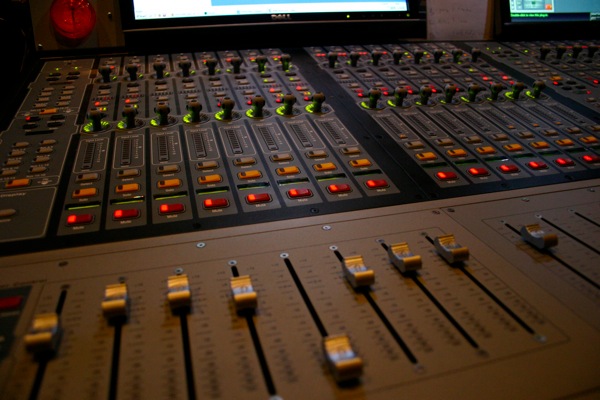
Chasing Air

Whenever I get some downtime, I try and get out of my room(s) to listen to live music in a different environment. Typically this means going to a show or visiting another church.
Something I’ve found over the years is it’s very easy to get locked into certain sounds when you’re mixing relatively the same band in the same venue all the time. This can be great for consistency’s sake, but it also makes it harder to identify something that might be missing or where you could be doing better. So I like to get out and kind of reset a bit and hear things from another perspective. My hope in doing so is to come away with new sounds in my head that I can chase in my own mixes.
Sadly, this hasn’t been the case lately. The last couple of times I’ve been out, I’ve honestly walked away a little disappointed. It’s not that things I was hearing were bad; they just weren’t inspiring. On the one hand these experiences were affirming for me in what I’m currently doing. But on the other hand, it’s a bit of a letdown because we’re always trying to push ourselves to get better, and it can be hard to get better without being exposed to “better”.
This shouldn’t be news to anyone involved in this audio thing for any length of time, but sound quality is incredibly subjective and that subjectiveness is generally derived from what someone heard in the past. One of the challenges to what we do is it’s hard to know what great is if you haven’t heard it. Think about it: once upon a time the wax cylinder was the highest fidelity.
The process of mixing is primarily the application of a lot of fundamental techniques. However, once we’ve developed these techniques, our mixes often become more dependent on the way we hear and reference things to the library in our head than our abilities. Our reference library and mixing abilities go hand-in-hand, but the reference library is where I see a lot of guys get stalled; their library isn’t deep enough.
This is why many engineers like Bruce Swedien encourage audio engineers to get out and listen to a symphony. As engineers, we need to build our reference library from the best sources possible. I know I’ve said in the past that our audiences and many of us build this reference library from commercial recordings, but as engineers it’s important to move beyond that. This is especially important with the decline in quality of commercial releases over the last 10-15 years thanks to over-compressing, over-limiting, and tasteless bureaucratic A&R execs. Sometimes the only place we can hear a really good source is in it’s raw, natural acoustic state. Sometimes we need to sit back and listen to other talented engineers.
Getting back to my recent disappointments, I’m fortunately blessed to work alongside some great engineers who provide some inspiration when the stuff outside our walls isn’t offering anything. This week we had the Catalyst folks in our room for a Catalyst One Day conference, and my friend Chris Briley handled FOH duties. I was mixing monitors, but I still managed to slip out from behind the stage to walk through the room and get a taste of what he was doing. It was cool to hear how he was getting the bass and kick to be deeper and richer than I’ve been able to in that room. Later I walked down to our Attic(our student venue) where Jayce Fincher was mixing rehearsal for a night of worship. Again, the mix felt great and the solid punch and depth of the kick really grabbed me.
I know I said I’m over subs, but I’m rethinking this…again…especially after my last few times listening outside of our walls. It has been astonishing to hear how little bottom end people have in their mixes these days, and I’m not just talking about churches; even the last arena show I sat in was sadly lacking and the result was a mix that was a tad too bright. One of these days I’m going to sit down and interview Chris for a podcast because he is a master at getting mixes that are deep and weighty with great tone. He gets the low-end feel without the stuff that offends people. I talked with him about what he was doing for as long as I could after the event, and I really think if more of us could get some of his wisdom it could take a lot of people’s mixes to another level.
As I said above, after talking to guys like Chris about their mixes and looking at what they’re doing is that, the thing I often find is the results they get aren’t about fancy mix techniques. Chris wasn’t doing anything special to get that great bottom end we love. He was just using basic mixing fundamentals. But I believe where the big difference comes is Chris has built up that sound in his head to the point where he has to chase it. I’ve got my own things that I always go after, and listening outside of my box is a great way to put more stuff in that box.
So, the bottom line is it’s important for us as engineers to get out and listen. Remember, it’s the year of music so listen to some music. Find something that inspires you and chase after it.

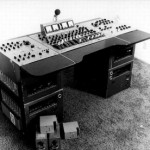 Previous Post
Previous Post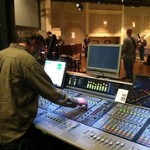 Next Post
Next Post

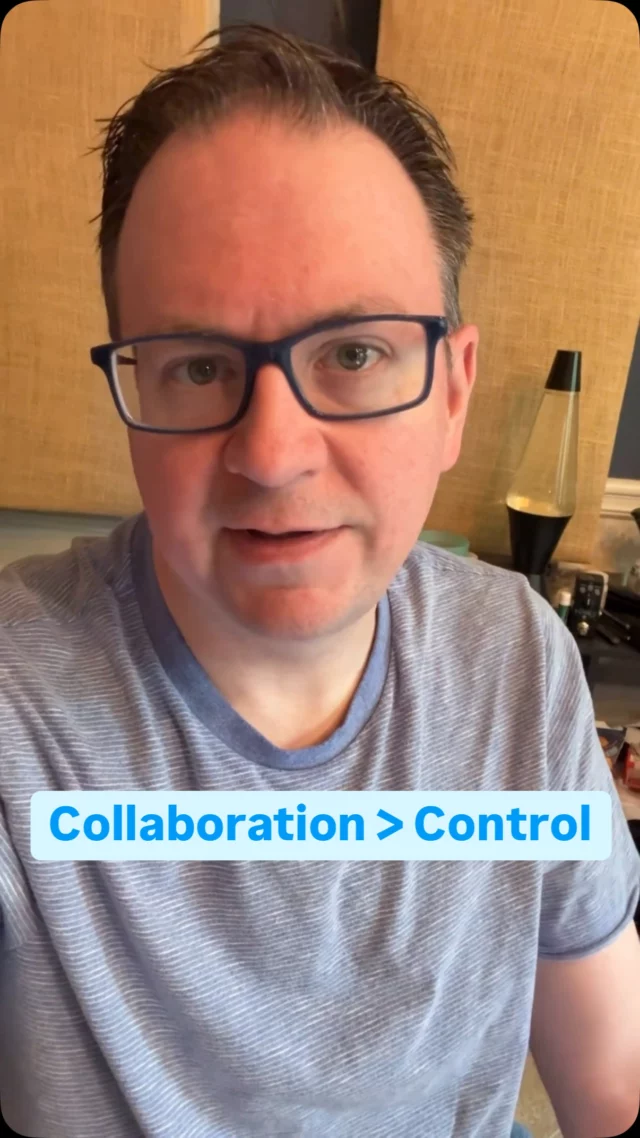
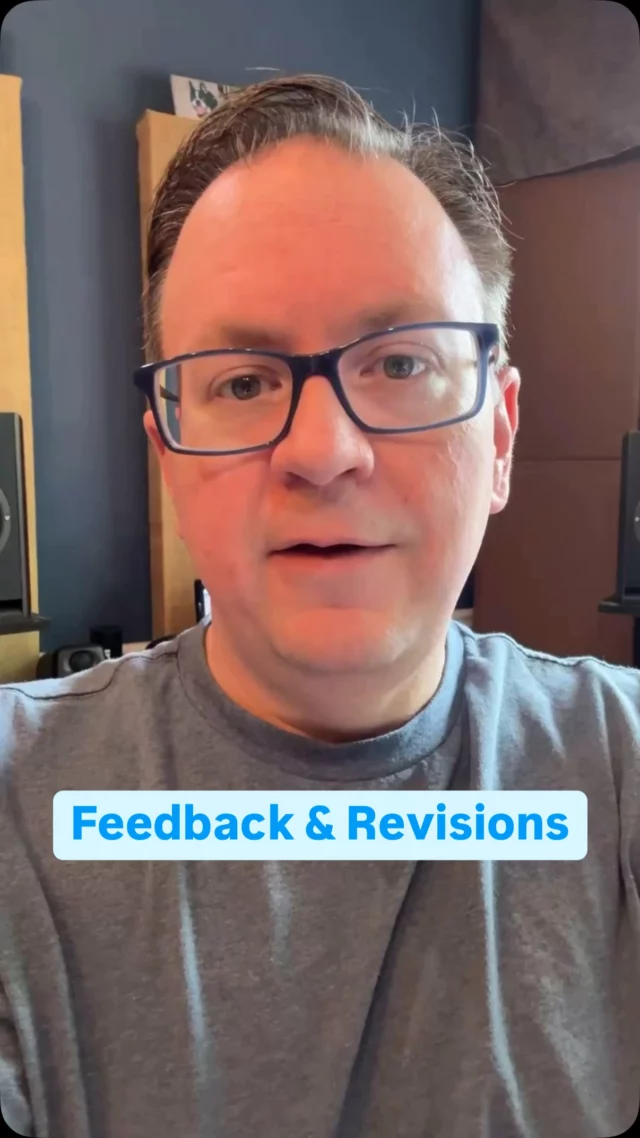
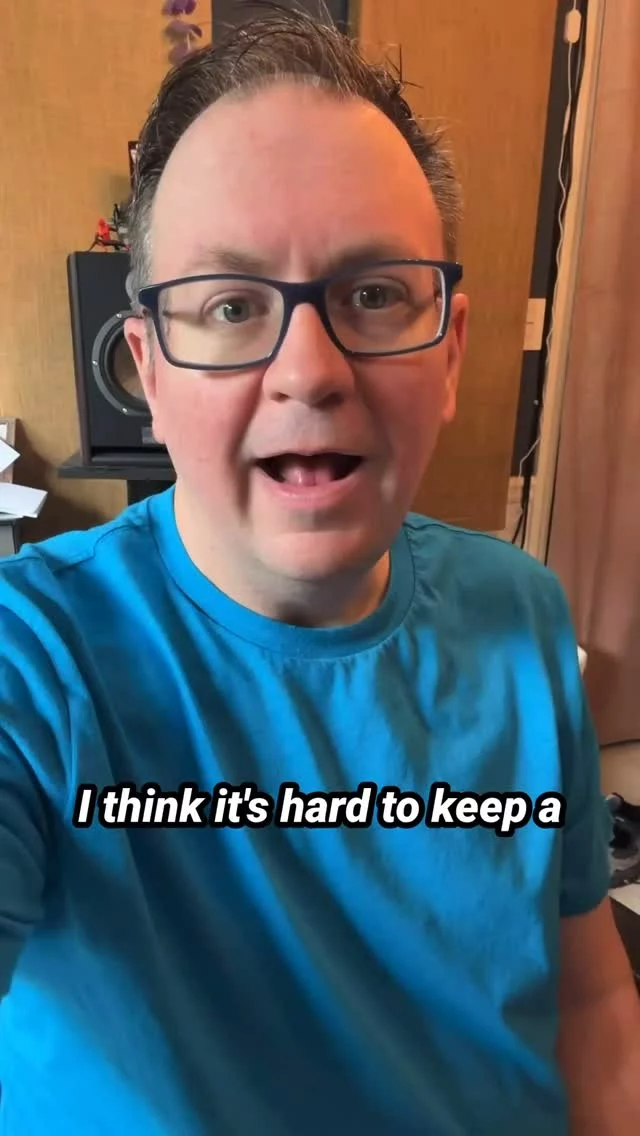

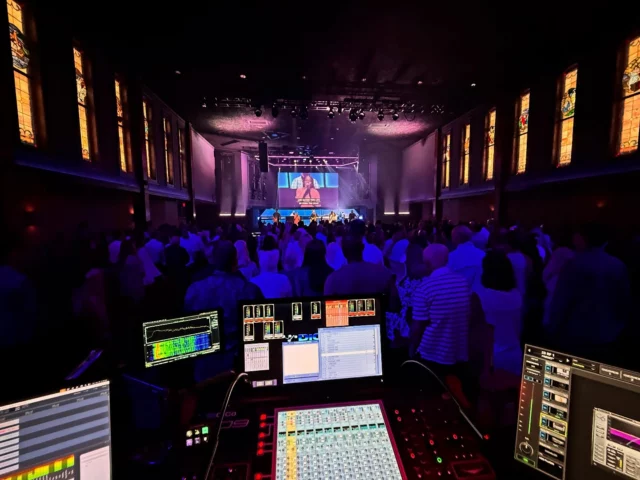
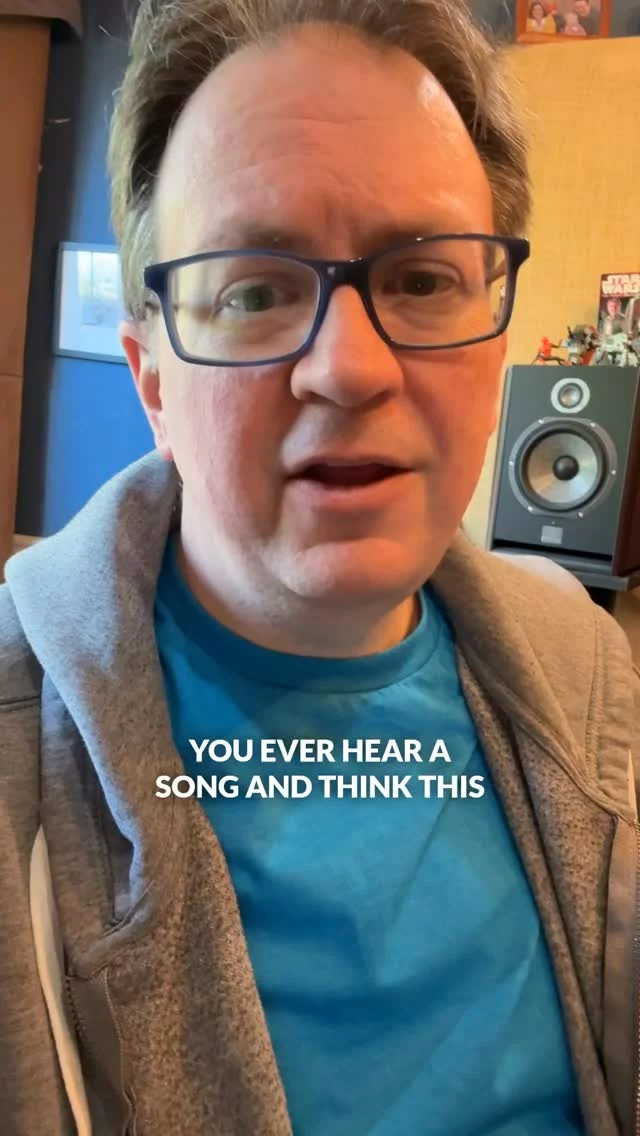
 The best mix moves aren’t always the loudes
The best mix moves aren’t always the loudes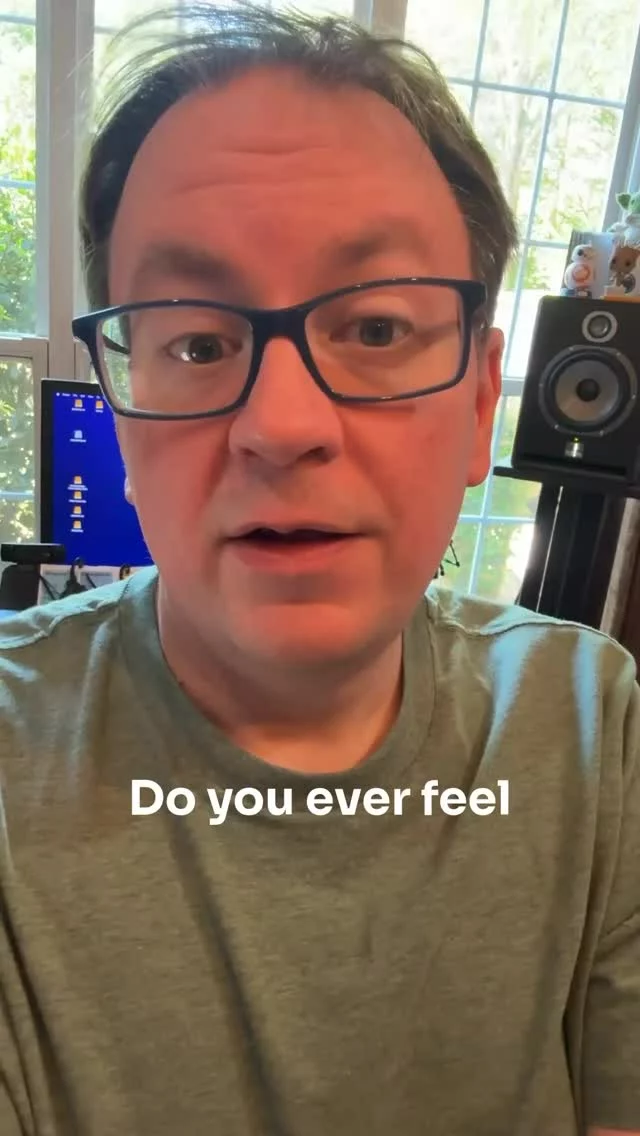
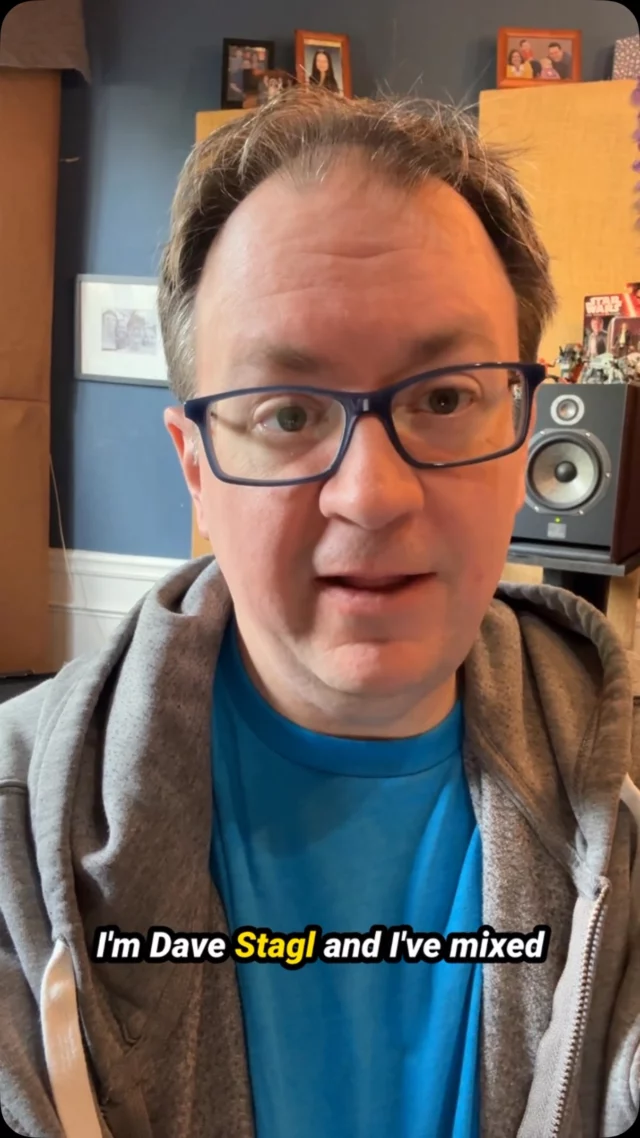
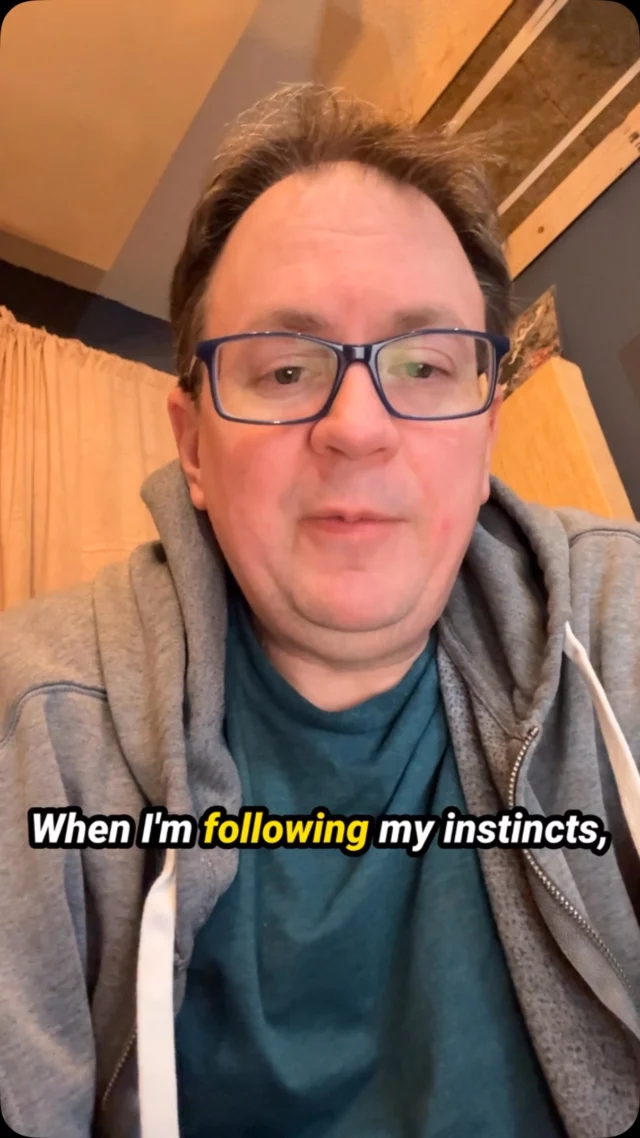

It’s funny you write about this. I’ve been saying for the past month or so that I really need to get out to a few different venues, just to clear my ears and listen to what someone else is doing. I almost made it to North Point for your Sunday evening service a couple weeks ago, but after mixing four services, I really didn’t feel like going back to church.
Your post has confirmed that I really need to get out. Hopefully I’ll get to hear what you guys are doing soon!
I’ve been thinking about this general topic lately, but your post really helped solidify what I was thinking and put some useful terms to it (like “reference library”). Thanks for sharing!